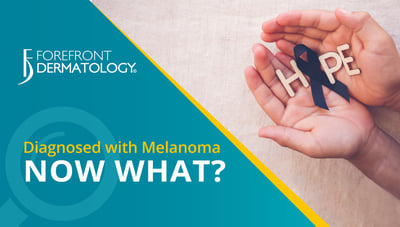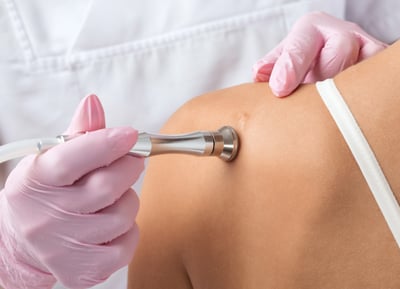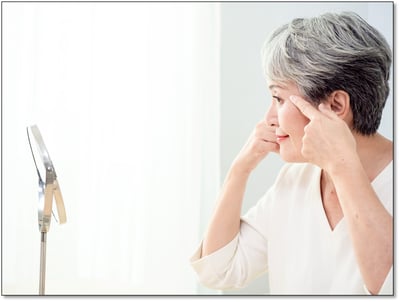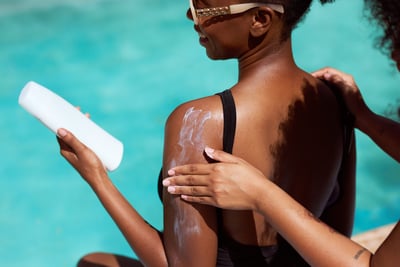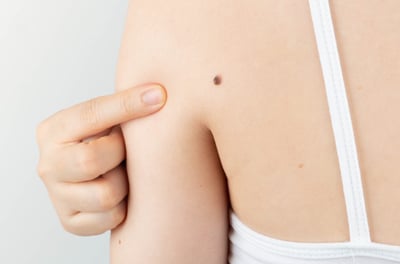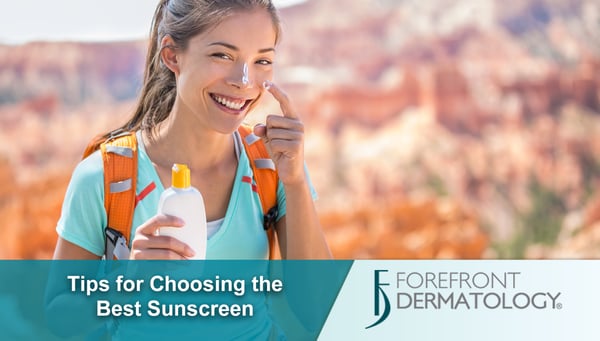
Research has shown sunscreen use can help prevent skin cancer by protecting you from the sun’s harmful UV rays. Walk into any store and you will see an abundance of sunscreen options to choose from. It is important to understand not all sunscreens are created equal. There are three main areas to look for when considering which sunscreen to buy.
Broad-Spectrum Protection
Broad-spectrum sunscreen protects you against the two types of UV light harmful to your skin – UVA and UVB. UVA rays can prematurely age your skin, causing wrinkles and age spots, where UVB rays can burn your skin. Too much exposure to either type increases your risk of skin cancer.
Sun Protection Factor (SPF) of 30 or higher
SPF is a measure of how well the sunscreen protects against UVB rays – UVA protection is not currently rated. When applied correctly, a sunscreen with SPF 30 can block 97 percent of the sun’s rays. A higher number SPF blocks slightly more of the sun’s rays, but does not allow you to spend more time outside without reapplication. No sunscreen can block 100 percent of the sun’s rays.
Water Resistance
The term water resistant means the SPF within the sunscreen can be maintained for up to 40 minutes while swimming or sweating. Regardless, it is important to dry off and reapply often for continued protection.
While these three areas are crucial in deciding which sunscreen to choose it is also important to determine the type of application you need. Ultimately, it is a personal choice, but each comes with their own benefit:
• Creams work well if you have dry skin, especially on your face
• Lotions work well when needing to apply over a large area
• Gels work best in hairy areas such as the scalp or chest
• Sticks are useful in applying sunscreen around the eyes
• Sprays are useful to apply on children, but note that it can be difficult to tell how well you are applying.
Be Proactive
Remember, early detection saves lives and a simple, yearly in-office skin screening with your local board-certified Forefront Dermatologist can truly mean the difference between life and death. Contact us today to schedule your annual skin screening.
